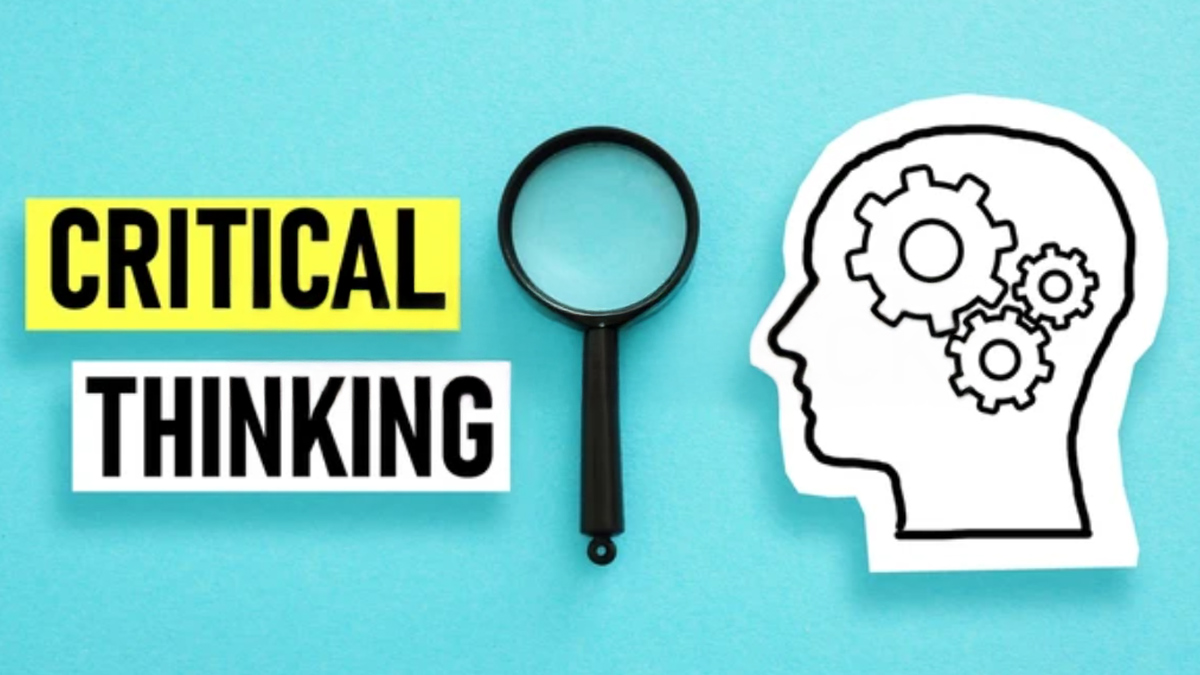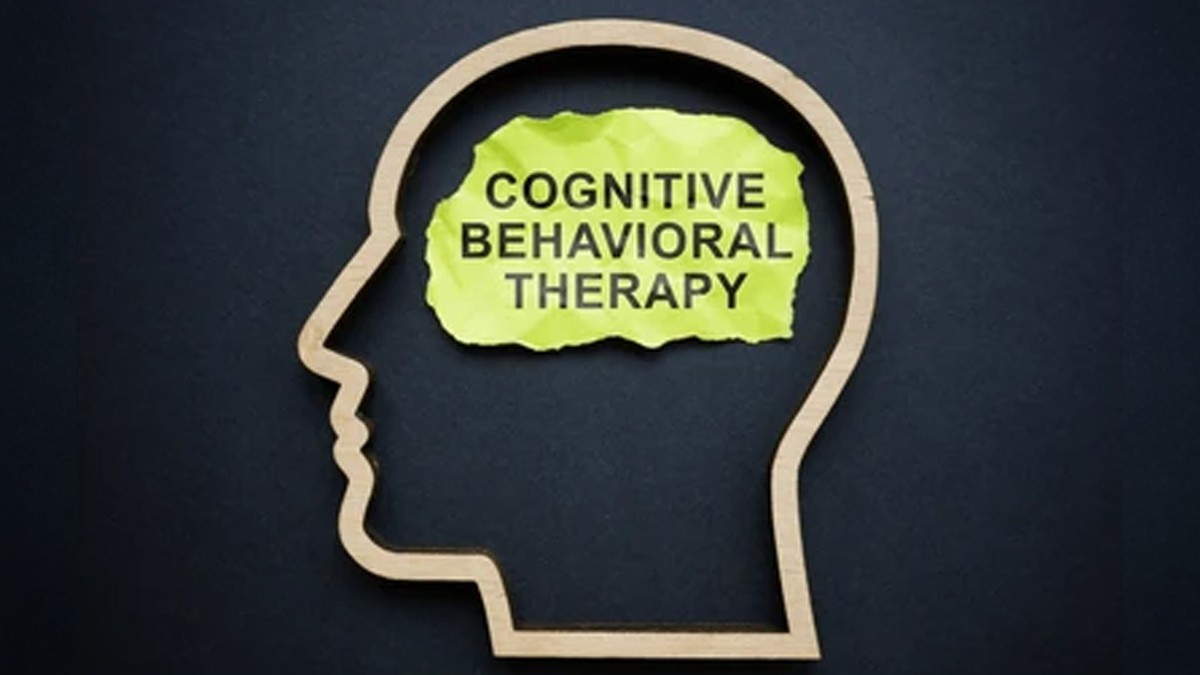How Excessive Porn Consumption Can Damage The Brain Performance
The internet has provided easier access to pornography than ever before, instant, anonymous, and often free. But what lies behind the screen, a mounting body of evidence is drawing attention to the long-term consequences of high-frequency porn consumption on brain health and mental function. More specifically, several recent studies indicate that heavy porn consumption may change the connectivity of the brain and even damage some forms of cognitive performance, such as memory, attention, and decision-making.
This is not about shaming or moral judgement. It's about learning how a contemporary digital habit may be secretly rewiring the brain.

Studies over the past ten years have employed brain imaging technologies, such as fMRI (functional magnetic resonance imaging) to investigate what is occurring in the brains of individuals who indicate they are watching pornography regularly. One such study, published in JAMA Psychiatry, found that higher pornography use was associated with reduced grey matter volume in the reward centre of the brain, the striatum. This is the same area involved in motivation and pleasure, and it also lights up in people with substance addictions.
Another study conducted by the Max Planck Institute in Germany found weakened connectivity between the striatum and the prefrontal cortex, a region responsible for self-control, decision-making, and long-term planning. The researchers proposed that just as chronic drug use can desensitise the brain's reward system, so can excessive use of pornography possibly reducing motivation and impulse control.
In other words, the more frequently one views porn, the more the brain may begin to require higher amounts of stimulation to be satisfied, much like in patterns of addiction. This can lead to increased difficulty in concentrating, controlling impulses, or taking pleasure in normal activities in the long term.
It's not only the changes in brain structure, the spillover is also there in cognitive skills. Regular users of porn perform worse on tests of sustained attention, working memory, and rapid decision-making. In a comprehensive review by the National Center on Sexual Exploitation, it was suggested that regular consumption of porn is associated with poorer cognitive performance, specifically in working memory, decision‑making, and inhibitory control.

One theory is that constant novelty, particularly in the form of internet porn with its infinite variety, trains the brain to be impatient and distractible. The brain begins to look for short-term gratification rather than long-term rewards. It can affect academic or work performance, relationships, and even emotional control.
Another focus is mental exhaustion. Swimming through masses of pornographic clips to determine the 'correct one' or watching for extended periods can be draining on the brain reward system, making the user mentally exhausted. This may not necessarily feel self-evident at the time but, in the long term, contributes to brain fogginess, emotional numbing, and lowered cognitive sharpness.
It’s important to note that not every person who watches porn faces these problems. The discussion becomes more nuanced when we talk about frequency, compulsivity, and impact on daily life. While the Journal of Sexual Medicine, does not currently classify 'porn addiction' as an official disorder, many mental health professionals acknowledge that problematic porn use exists and may mimic addictive behaviour patterns.
People who report issues often describe struggling to stop despite negative consequences, spending increasing amounts of time watching porn, or needing more extreme content over time to feel aroused. This can impact sleep, productivity, mental health, and sexual satisfaction.

We exist in a hyper-connected, visually oriented world where boundaries are easily blurred. Pornography, similar to a lot of digital tools, isn't necessarily bad, but mindfulness and moderation are essential. Once usage becomes compulsive, impinges upon daily activities, or causes cognitive or emotional problems, attention should be paid.
Therapies like Cognitive Behavioural Therapy (CBT) and mindfulness-based approaches have been successful in causing individuals to take back control and enhance their mental clarity. Others also find that digital detox or blockers work for them.
Ultimately, the discussion about porn consumption must be stigma-free, science-grounded, and open. As researchers continue to examine how online habits condition our brains, it's obvious that what we view, even electronically, can cast indelible prints on our minds.











